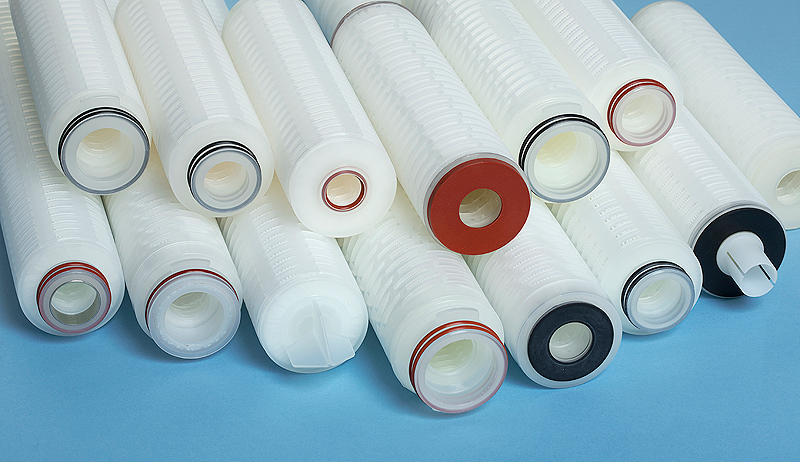
"Laboratory filtration is the physical or mechanical separation of particles or components within a sample medium such as a liquid or gas by introducing a medium through which only the gas/liquid can pass."
MKJ International is a company specialized in liquid filtration. Our line of products and industrial filters is aimed at covering the filtration needs in the laboratory and industrial processes. We work in very varied sectors of activity: Food-Beverages, Chemical-Pharmaceutical, Surface Treatment, Mining, Energy Generation…One of our intentions is to be close to our clients geographically to respond to their needs as quickly and efficiently as possible. Our entrepreneurial vision is globally positioned. We currently have production centers in Jaipur, India.
Laboratory Filtration is commonly the mechanical or physical operation that is used for the separation of solids from fluids (liquids or gases) by interposing a medium through which only the fluid can pass.Laboratory filtration is an indispensable process in scientific research, ensuring the purity and precision of substances in various industries. From pharmaceuticals to environmental analysis, the significance of laboratory filtration cannot be overstated.
The filter medium allows only the liquid or gas to pass through, separating the sample into two fractions:
- Filtrate: The clarified sample that contains only particles or molecules that are small enough to pass through the filter
- Retentate: The sample material that has been retained by the filter medium
- Pharmaceuticals: Filtration is used to ensure the purity and precision of substances
- Environmental analysis: Filtration is used to monitor and mitigate pollution
- Food and beverage: Filtration is used to support food analysis for safety, composition, quality, and nutritional value
- Biotechnology: Filtration is used to clarify cell culture media and buffers
- Gravity filtration: The most common method, which uses the force of gravity and only requires a filter paper, funnel, and beaker
- Vacuum filtration: Uses a vacuum to accelerate the solution's passage through the filter or to separate smaller particles
- Syringe filtration: Another filtration technique
